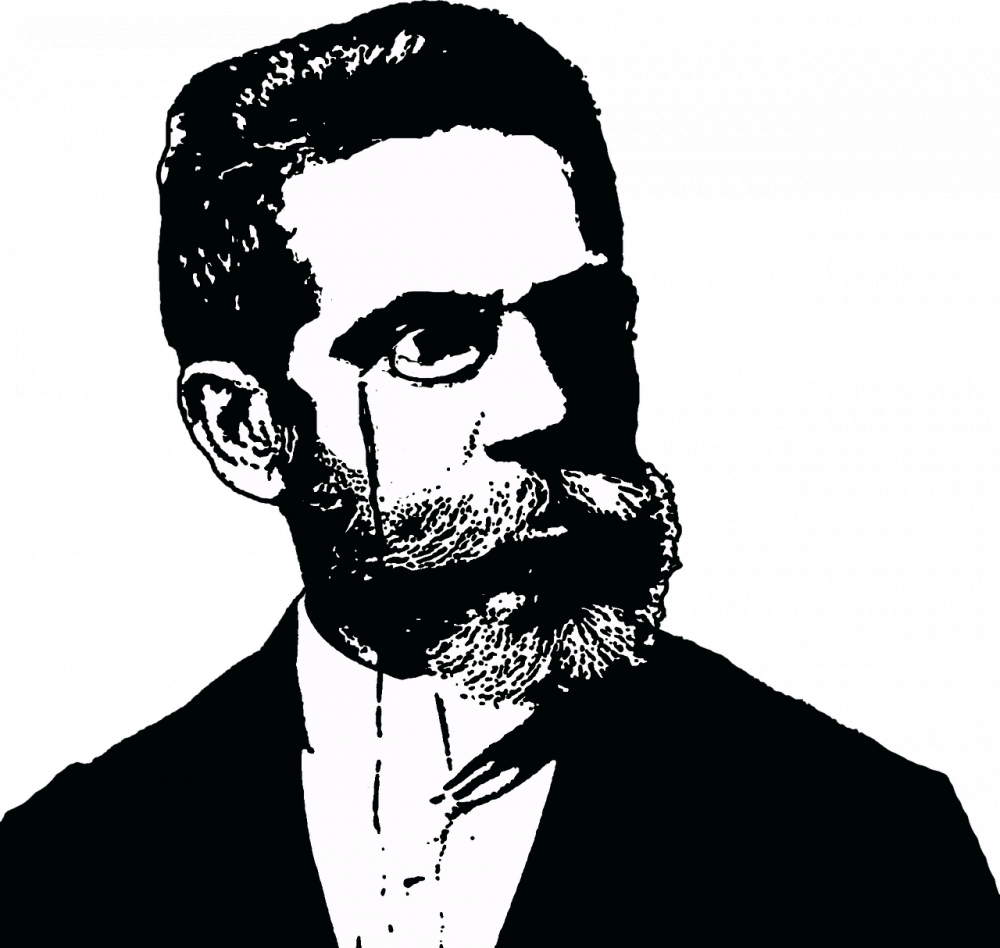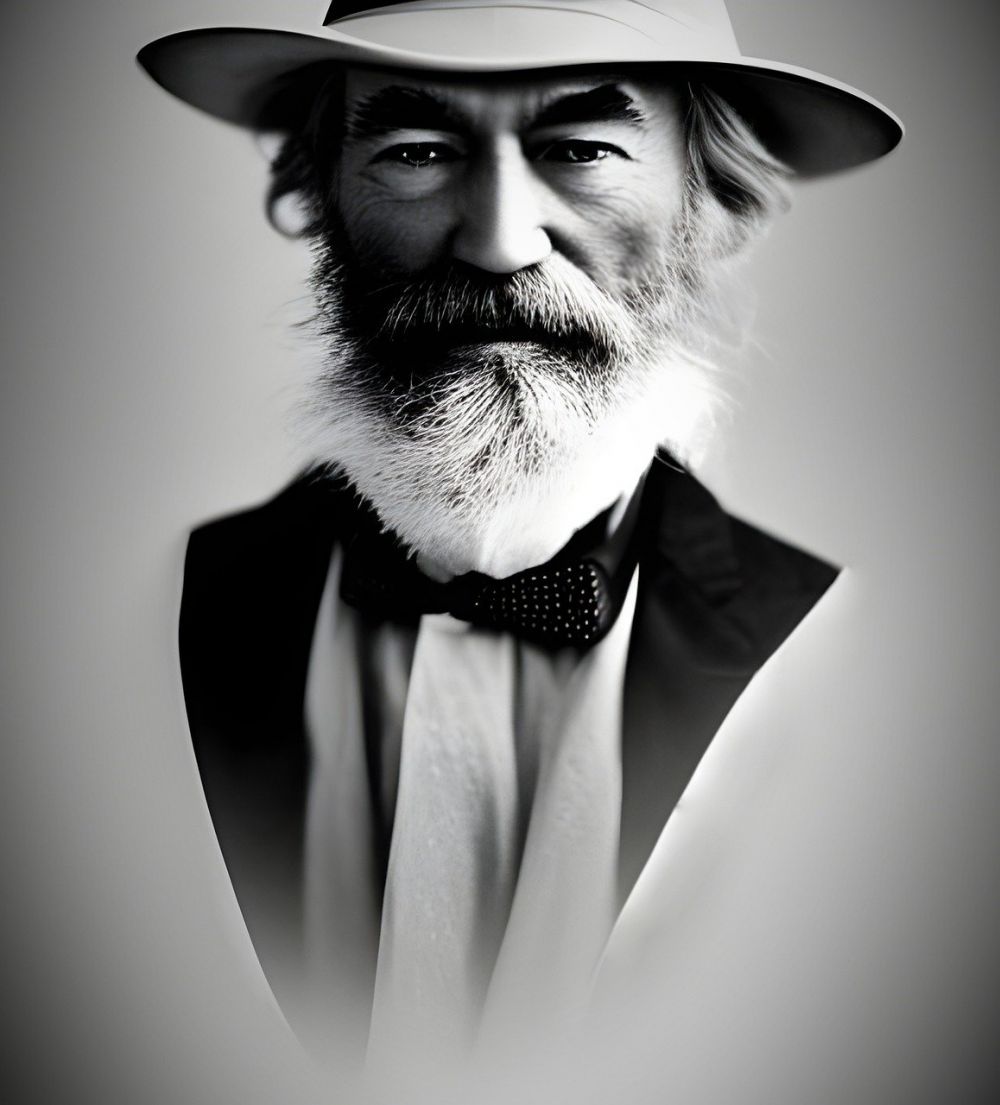George Orwell: The Voice of Truth and Dystopia

Introduction
George Orwell, the pen name of Eric Arthur Blair, was a British author and journalist whose works have had a profound impact on literature, politics, and social consciousness. Orwell is best known for his novels Animal Farm and 1984, which are powerful critiques of totalitarianism and serve as cautionary tales about the abuse of power. In this article, we will dive deep into the life and works of George Orwell, exploring his evolution as a writer and the enduring relevance of his ideas.
Early Life and Influences

Born on June 25, 1903, in Motihari, Bihar, India, George Orwell lived through tumultuous times that shaped his worldview. His father worked as a civil servant in British India, exposing Orwell to an imperialist environment that would later influence his writing. Orwell’s experiences at prestigious British schools, such as St. Cyprian’s and Wellington, revealed the social inequality and class divisions that would become recurring themes in his works.
Writing Career and Political Activism
Orwell’s foray into writing began during the 1920s when he worked as a colonial police officer in Burma. This experience fueled his resentment towards imperialism and led to his decision to resign in 1927. Orwell’s first-hand observation of oppression and injustice inspired him to become more politically active.
In the years that followed, Orwell dedicated himself to writing, journalism, and political activism. His essays, such as “Shooting an Elephant” and “Politics and the English Language,” showcased his exceptional ability to dissect complex political issues with clarity and precision. Orwell’s commitment to truth and his disdain for propaganda became evident in his reporting on the Spanish Civil War, where he fought alongside left-wing militia groups against Francisco Franco’s fascist forces.
The Evolution of George Orwell’s Ideas
Orwell’s literary career took off with the publication of his satirical novel, Animal Farm, in 1945. This allegorical work, depicting a group of farm animals overthrowing their human oppressors, serves as a scathing critique of the Soviet Union under Joseph Stalin. Orwell’s use of anthropomorphism and witty satire resonated with readers, highlighting the dangers of totalitarianism and the corruption of revolutionary movements.
Building on the success of Animal Farm, Orwell released his magnum opus, 1984, in 1949. This dystopian novel introduced the concept of Big Brother, a surveillance state that controls every aspect of its citizens’ lives. The chilling portrayal of a world devoid of freedom and privacy struck a nerve with readers, becoming a cautionary tale about the erosion of individuality and the manipulation of truth.
Legacy and Relevance Today
Despite Orwell’s untimely death in 1950, his ideas and works continue to resonate with readers and critics alike. Orwell’s prescience in predicting the rise of totalitarian regimes, the manipulation of language, and the pervasiveness of surveillance has made him a revered figure in literature and political thought.
Orwell’s concepts, such as “Newspeak” and “Thought Police,” have become synonymous with the erosion of civil liberties and the dangers of unchecked power. His writings serve as a reminder to remain vigilant against authoritarianism and to protect the values of democracy and freedom.
In a world where misinformation and surveillance have become increasingly prevalent, Orwell’s works remain as relevant as ever. The re-emergence of authoritarian regimes and the erosion of privacy underscore the need to revisit Orwell’s warnings and learn from history’s mistakes.
In conclusion, George Orwell’s impact on literature and political discourse cannot be overstated. Through his insightful writings and unwavering commitment to truth, Orwell has cemented his place as one of the most influential figures of the 20th century. As we navigate an uncertain future, Orwell’s works serve as a compass, guiding us towards the pursuit of justice, freedom, and the preservation of our humanity.





